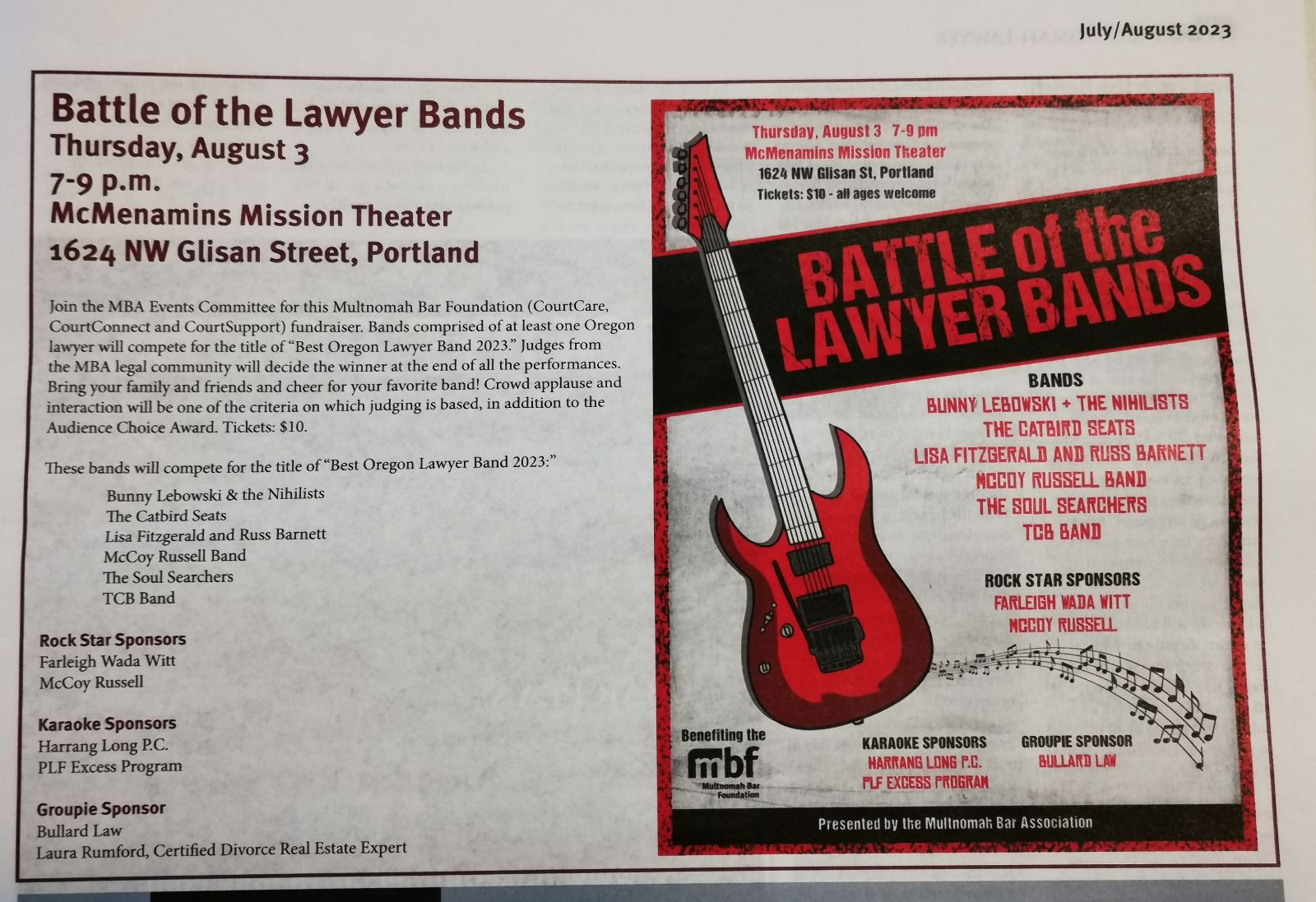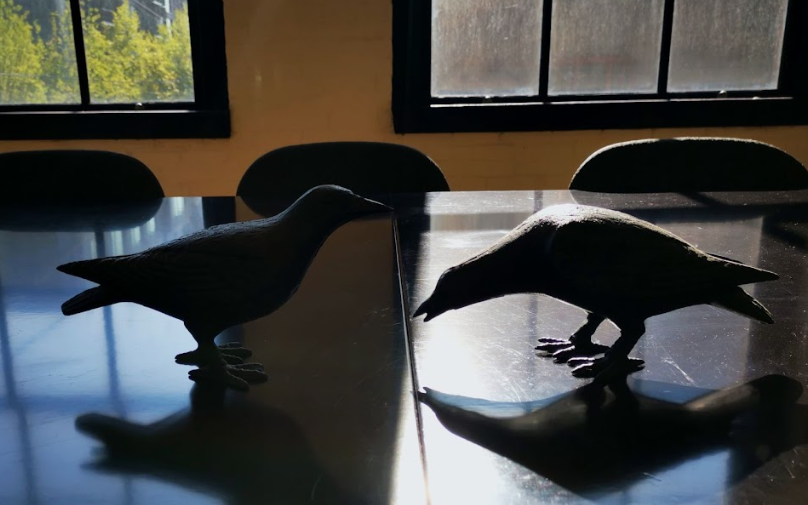In a recent case in Japan, Dwango v. FC2, the IP High Court, En Banc, delivered a verdict with far-reaching implications for intellectual property (IP) protection in cross-border scenarios. The court’s decision clarified the boundaries of Japanese patent infringement and shed light on strategies for both domestic and international businesses operating in the global marketplace.
Dwango, a prominent Japanese company, took legal action against FC2, a US-based firm, alleging that FC2’s streaming media services with real-time user comments infringed upon a Japanese patent. The crux of the dispute centered around whether a Japanese patent could extend its coverage to an overseas server, operated by FC2 in the United States.
Key Points from the Court’s Analysis:
The system was “made” when the terminal accessed the server:
When a user terminal accessed the server, establishing a connection and enabling the overlay of comments on video content in the user’s browser, a new system satisfying all the claim requirements was deemed “made.” This crucial point reinforced the importance of the server-user terminal interaction in determining the scope of patent infringement.
Extraterritorial reach of Japanese patents:
The court provided Domestic Acts Guidelines to help determine whether an act, such as “making,” occurs within Japan when the server is located overseas. These guidelines considered several factors, including the specific manner of the act, the functions and roles played by the elements within Japan, the location where the effect of the invention is provided, and the impact on the patentee’s business.
It is worth noting that the IP High Court rendered a previous decision involving the same parties (No. (ne) 10077 of 2008, July 20, 2022) regarding program distribution and terminal claims. This decision serves as a reference point for understanding the evolution of court interpretations and the En Banc decision’s more assertive stance.
The Dwango v. FC2 case has highlighted the complexities and risks involved in cross-border patent infringement. International businesses must proactively consider the specific manner of their acts, the functions fulfilled by elements in different jurisdictions, the location of the invention’s effects, and the impact on patentees’ businesses. Seeking expert legal counsel from a seasoned IP firm is crucial to navigate these intricate matters effectively and ensure compliance with global IP regulations. Contact McCoy Russell at [email protected] if we can be of assistance.











Recent Comments